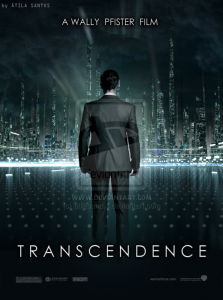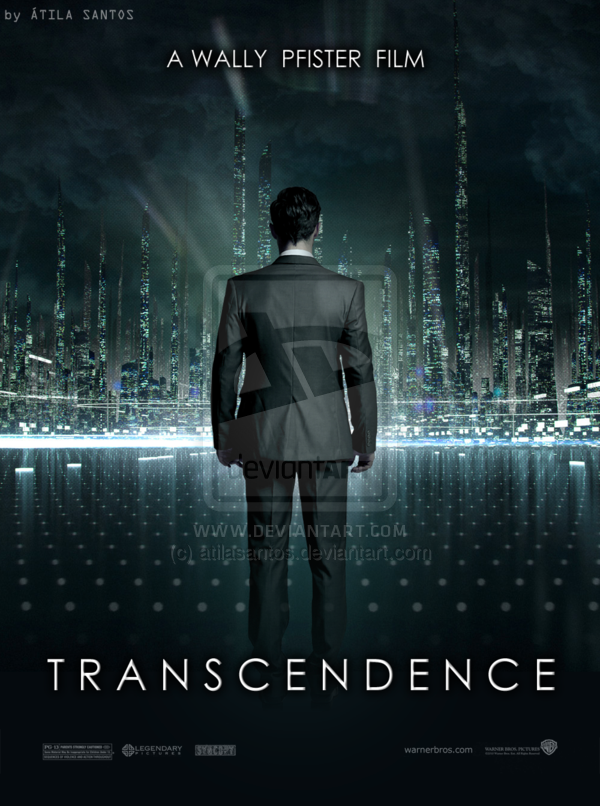
One of our biggest fears is dying. The thought of suddenly ceasing to exist can be terrifying. Since the beginning of existence humans have attempted to piece together the puzzle that is life. With recent technological advancements, we now have the ability to envision the idea of possibly living forever. This is a feat humans haven’t ever thought possible
Famous scientists of today, including Stephen Hawking, are suggesting the radical idea that humans may one day be able to upload their brains to a computer. In this sense, we truly could live forever.
Could you imagine?
We could survive long after our bodies betray us. The brilliant minds of this century could be preserved and help aid us in answering life’s biggest questions for the entirety of human existence. We could forever learn new things and converse with our friends and family. Our great-grandchildren could introduce us to their great-grandchildren.
Let’s not jump into this blind, though. The idea of living forever is beyond enticing–almost incomprehensible. George Dvorsky, in io9, takes a different perspective by analyzing reasons why we will not and should not have the ability to upload our minds to computers.
First of all, he wrote, “brain functions are not computable”. There is a lapse in the connection between the brain functions and computer functions: things don’t quite match up as some people believe they do. Neuroscientist Miguel Nicolelis mentioned that the “human consciousness can’t be replicated [as a computer] because most of its important features are the result of unpredictable, nonlinear interactions among billions of cells…You could have all the computer chips ever in the world and you won’t create a consciousness”.
Other experts also mentioned that we can’t simply “upload” our brain to a computer. The mind of a human and the inner workings of computers are so vastly different that it’s nearly impossible to make the two compatible. However, scientists have predicted that by the year 2045 new technology will be developed for such a venture.
Secondly, we still do not know what creates consciousness. Dvorsky says that computers could in fact have the ability to replicate the “human cognition”–such as focusing attention or recalling memory–but that computers will in no way be able to mimic the “experience of color, taste, or the pleasurable sound of music”.
And even if scientists were able to transfer the mind to a computer, how do we know they truly copied the mind over, instead of merely making a copy of what was already there? There is a difference between copying thoughts and memories to a storage device and actually copying over the mind. Being able to think independently and process new thoughts, emotions, and ideas are things only the brain can replicate.
Lastly, Dvorsky mentioned that to even attempt such a project researchers would have to define the true meaning of “consciousness”. Where it lies, how it is created, etc. Is consciousness mere chemical reactions in the brain, or is it something completely beyond our scope of understanding?
There’s no guarantee that uploading our minds to a computer is safe. How do I know that no one will try to “hack” into my brain and destroy any traces of myself that are left behind? “Even the tightest security measures can’t prevent the most sophisticated attacks; an uploaded mind can never be sure it’s safe,” Dvorsky wrote. If someone were to hack into my stored mind, people would have a much different sense of who I truly was as a person. I want to be remembered as me, not as a version of me
So even if scientists do surpass all these conflicts and do in fact create a way to transfer our minds over, would you really want to?
I would not want my brain to live forever. Not being able to pet your dog again, to feel the soft plush of a pillow, to taste the sweet intensity of ice cream? I can’t even imagine. While yes, it would be nice to “live” forever and perhaps talk once more with the ones you love, human relationships delve much deeper than mere conversations. Connections are built via physical contact, and without that I’d surely turn to insanity.
Even if my entire family and scope of friends also uploaded their own minds to computers, I’m still not certain if I’d want my mind to live on forever. Can we honestly consider an uploaded mind that “lives” forever truly living life? Characteristics of life involve so much more than the mind alone. I wouldn’t want to live without my senses or without the ability to walk or run again. While yes, I’d still have the memories of walking and running, of smelling and tasting food, but that’s nothing like the real thing.

Leave a Reply